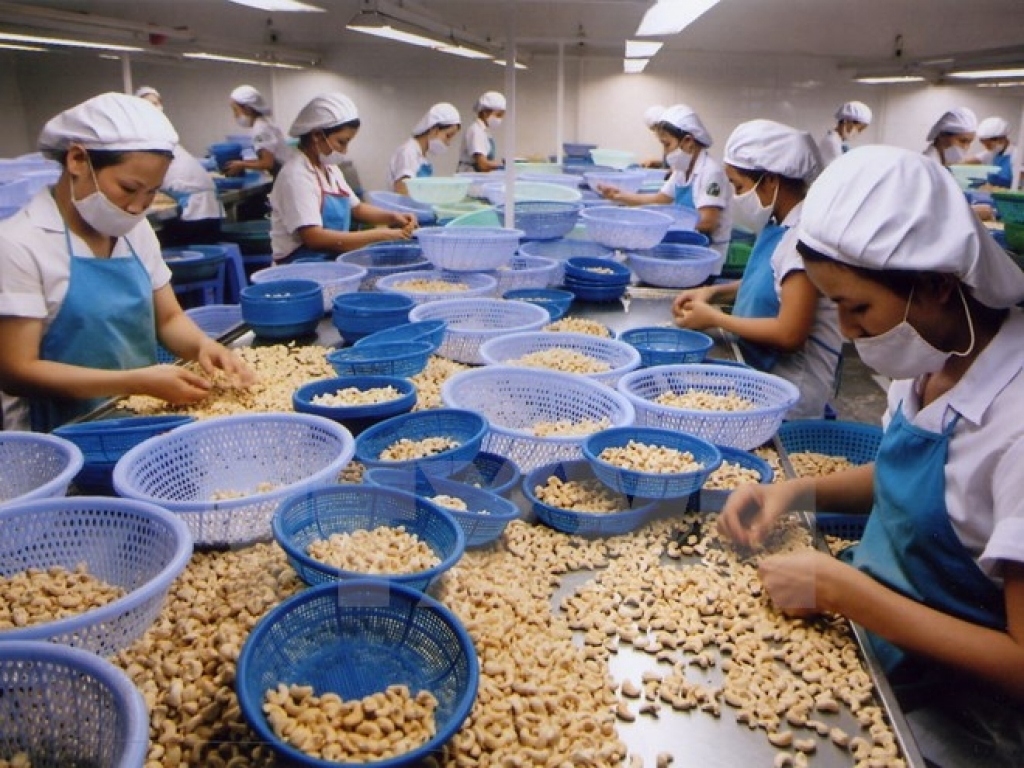With the export of several agricultural products such as rubber, coffee, and pepper gradually recovering, there remains a positive outlook ahead for export growth to major markets in the second quarter of the year, according to details given by the Ministry of Industry and Trade.

Statistics from the China Customs indicated that Chinese rubber imports from the country in the first quarter of the year reached 416,520 tonnes worth US$562.66 million, representing a rise of 15.2% in volume.
Vietnam’s rubber market share accounted for 18.11% of China's total import value, representing a rise of 17.34% against the same period from last year.
Insiders pointed out that China’s reopening is expected to boost consumer demand and facilitate Vietnamese exports to the market moving forward.
The nation’s coffee exports in the first quarter of the year reached 552,610 tonnes, up 36.3% in volume and 31.1% in value compared to the fourth quarter of last year.
In the second quarter of the year, the country’s coffee exports are anticipated to rebound thanks to a rising demand for coffee in the European region, with the price of Robusta coffee remaining high due to limited supply source.
Elsewhere, Vietnamese coffee exports to other parts of the world witnessed an upward trajectory, except for those to the United States, during the three-month period. Most notably, coffee exports to Africa, Europe, and Oceania increased sharply by 75%, 42.4%, and 30.2%, respectively.
Meanwhile, domestic pepper prices have been recovering since February, rising from VND3,000 to VMD3,500 per kilo compared to the end of March.
Vietnamese pepper exports in the first quarter of the year also hit 76,200 tonnes worth US$233.45 million, up 41.1% in volume and 16.5% in value.
During the reviewed period, the country’s pepper export value to Asia, Oceania, and Africa increased sharply, with pepper exports to Oceania witnessing triple-digit growth.
Pepper exports are forecast to enjoy a positive outlook in the second quarter of the year thanks to the high demand from China, ASEAN, and Turkey.
According to details given by the Ministry of Industry and Trade, the world’s pepper market will face challenges ahead in the second quarter of the year due to the slowdown in consumption demand occurring in major economies such as the EU, the US, the UK, and Japan.
Furthermore, factors such as economic difficulties, high inflation, prolonged geopolitical tensions, and instability occurring in the financial market can be attributed to the fall in the demand for pepper moving forward.
However, experts revealed that China's demand for pepper is predicted to record robust growth in the future.
https://english.vov.vn/














